Hong Kong News

Dance off: the niche social scene behind Hong Kong’s biggest Covid-19 cluster
Drawn by the music and the mingling, many Hong Kong retirees converge on the city’s vast network of dance halls, escaping from the clutches of boredom and into the arms of their shimmying partners.
Eager to impress, well-heeled, typically female members of the community can spend huge sums on younger instructors, even using speedboats to ferry teachers to the city from mainland China for a night on the tiles.
But the community – and the growing cluster of infections linked to it – cuts across social class, with people from both lower-income and wealthy households falling ill after dancing in clubs, studios, restaurants, banquet halls and private venues.
Now the social subculture has ground to a halt as the dance scene emerged as the source of the city’s largest single Covid-19
cluster – 311 cases and counting – since the public health crisis began in January.
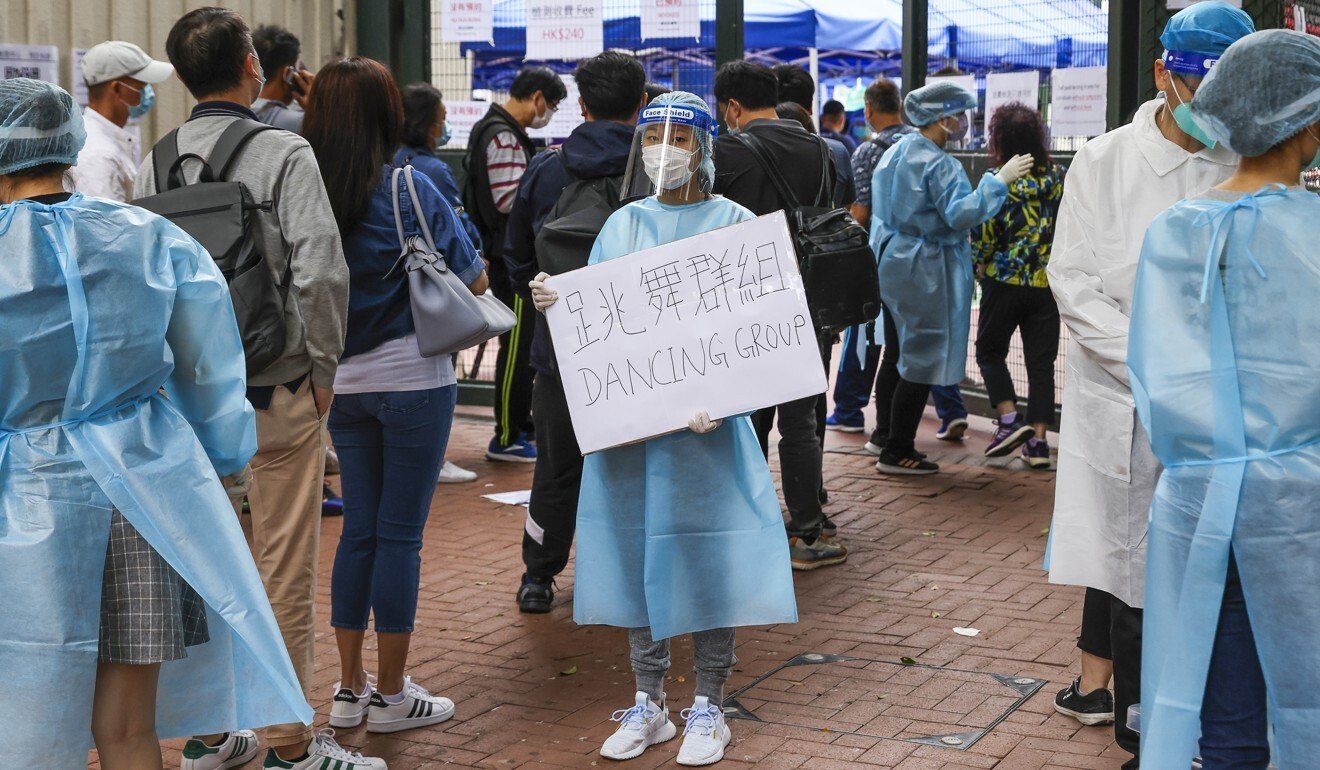
Those inside the industry have lamented the bad press and loss of income, but the outbreak is likely to also have an effect on those, particularly older women, for whom dancing is a social lifeline.
“Their husbands don’t dance, they prefer to play ball games like golf … So these dance venues became a vibrant recreational market,” said George Yip Chi-wai, president of Hong Kong DanceSport Association.
As of Wednesday, the cluster comprised 140 women and 110 men who had either been to dance venues or come into close contact with those who did.
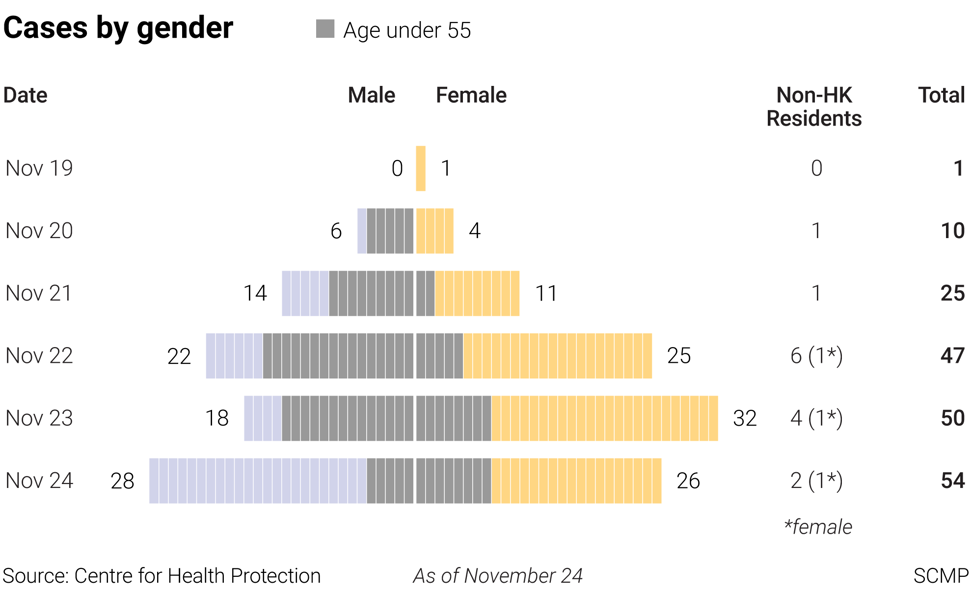
The youngest patients to have visited the venues were a 24-year-old man and woman, while the oldest was an 89-year-old man.
At one of the venues, Starlight Dance Club in Wan Chai, nearly two-thirds of the 19 male visitors to test positive were in their 30s, while three-quarters of the 19 women linked to the club were in their 60s and 70s.
At Kam Lai Club in Mong Kok, the most popular of the 21 venues, the ages were somewhat less skewed, with half of the 22 female visitors in their 60s, and a third of men in their 70s.
The dance cluster first emerged after a 75-year-old Mid-Levels businesswoman who visited the Starlight was confirmed as infected last Thursday.
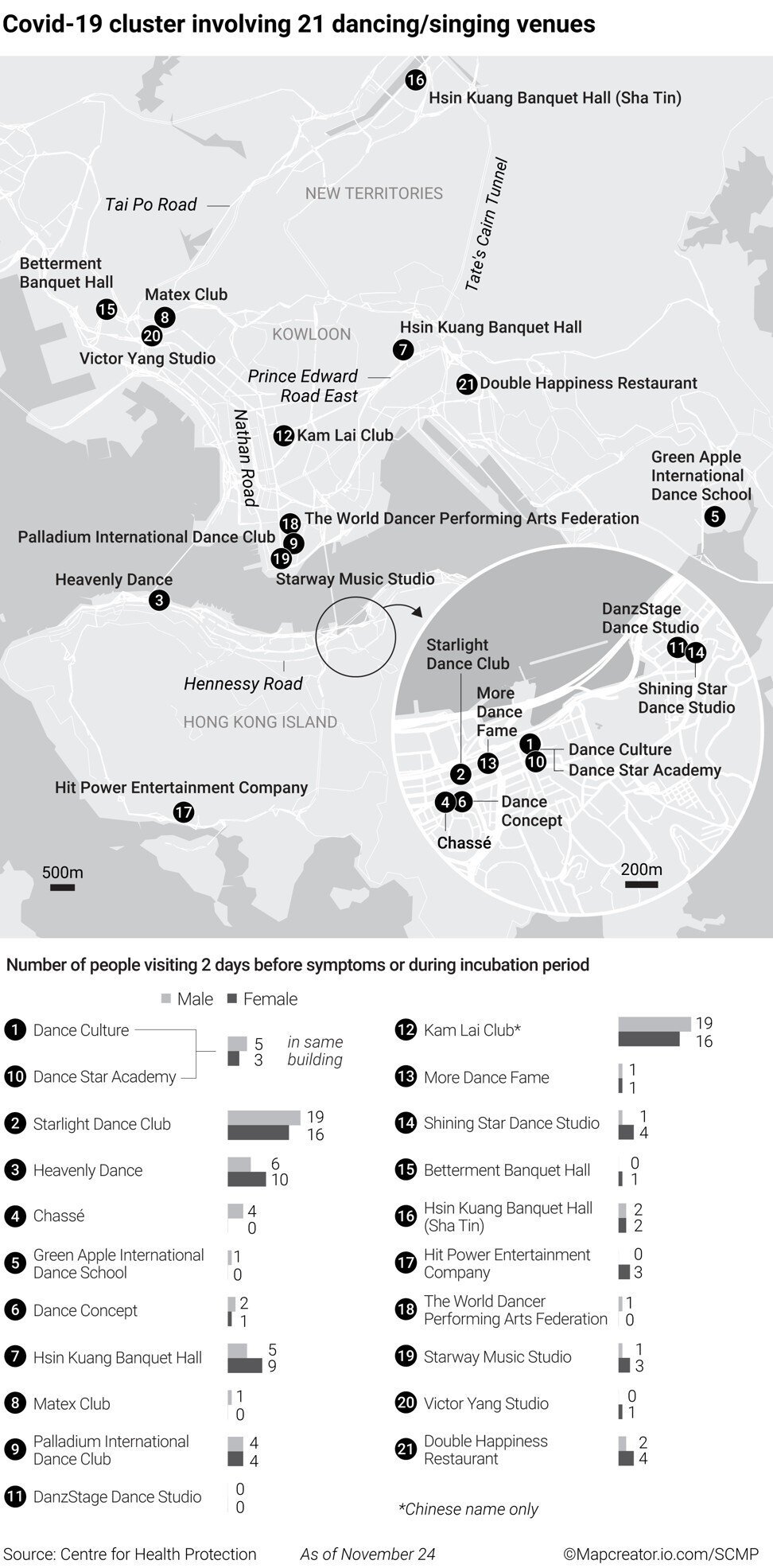
Contact tracing revealed an explosion of cases, which have since come to form a substantial segment of the city’s still-growing fourth wave of coronavirus infections.
Police are now helping health officials track down those who visited 21 dance venues across the city to undergo mandatory testing. On Wednesday alone, authorities confirmed 63 more infections linked to the cluster.
While Hong Kong authorities have again ordered the closure of bars and nightclubs and other entertainment venues from Thursday, dance schools and studios, which account for about half of the 21 venues tied to the cluster, can continue to operate – at least for now.
Banquet halls will be limited to serving a maximum of 10 tables, with no more than four people at each. The closure of party rooms, which began on Sunday, will continue, as will a ban on dancing or live performances at restaurants and catering outlets.
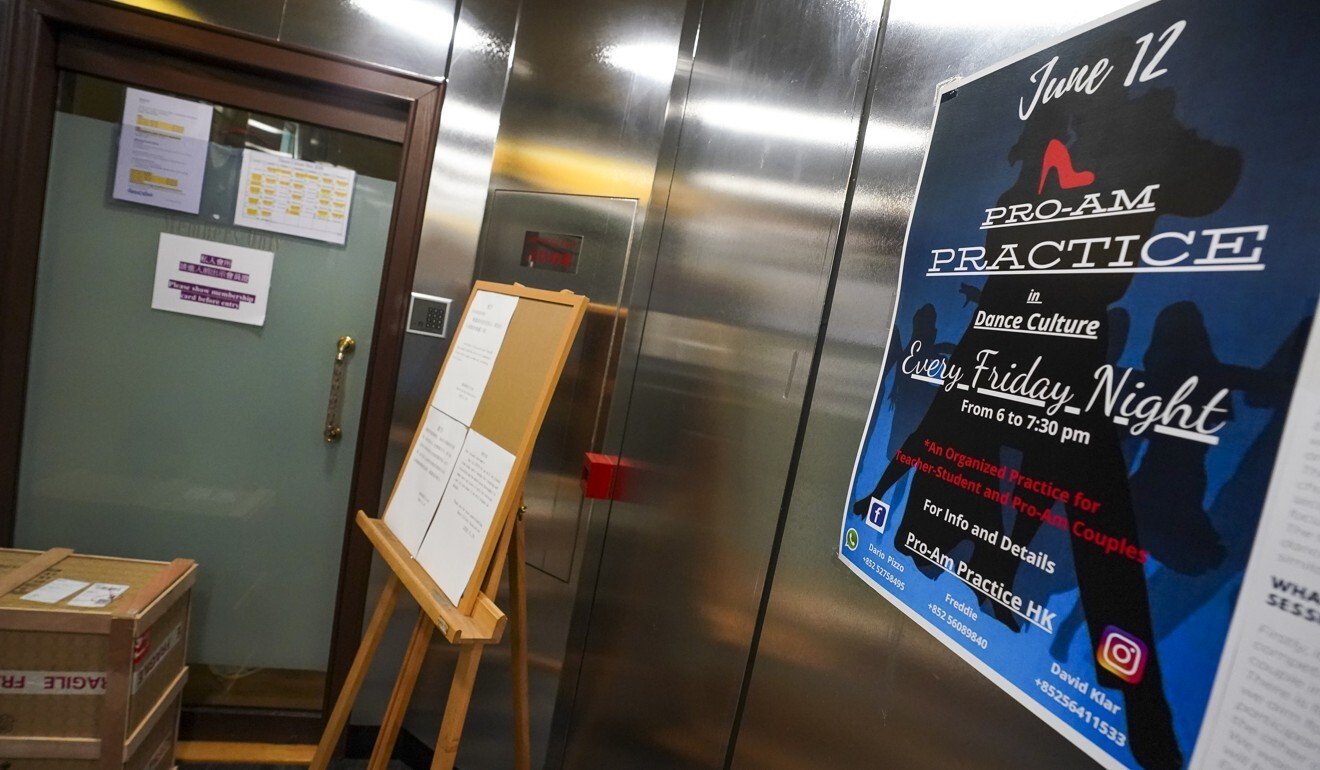
Mak Hon-kai, chairman of the Hong Kong Association of Senior Citizens, said elderly community centres in different districts would often organise leisure and cultural activities such as traditional Chinese and folk dancing for senior citizens.
“The women tend to like these activities more because they can dress up and socialise. They’re bored and want to entertain themselves,” he said. “Some of the wealthier women will hire instructors and practise so they can impress others when they go social dancing.”
Mak added that some people would also book out a restaurant and host social events.
“They will hire a singer and dancing instructors, then charge participants for joining the event. There are group lessons and even private classes for those who want to improve their skills,” he said.
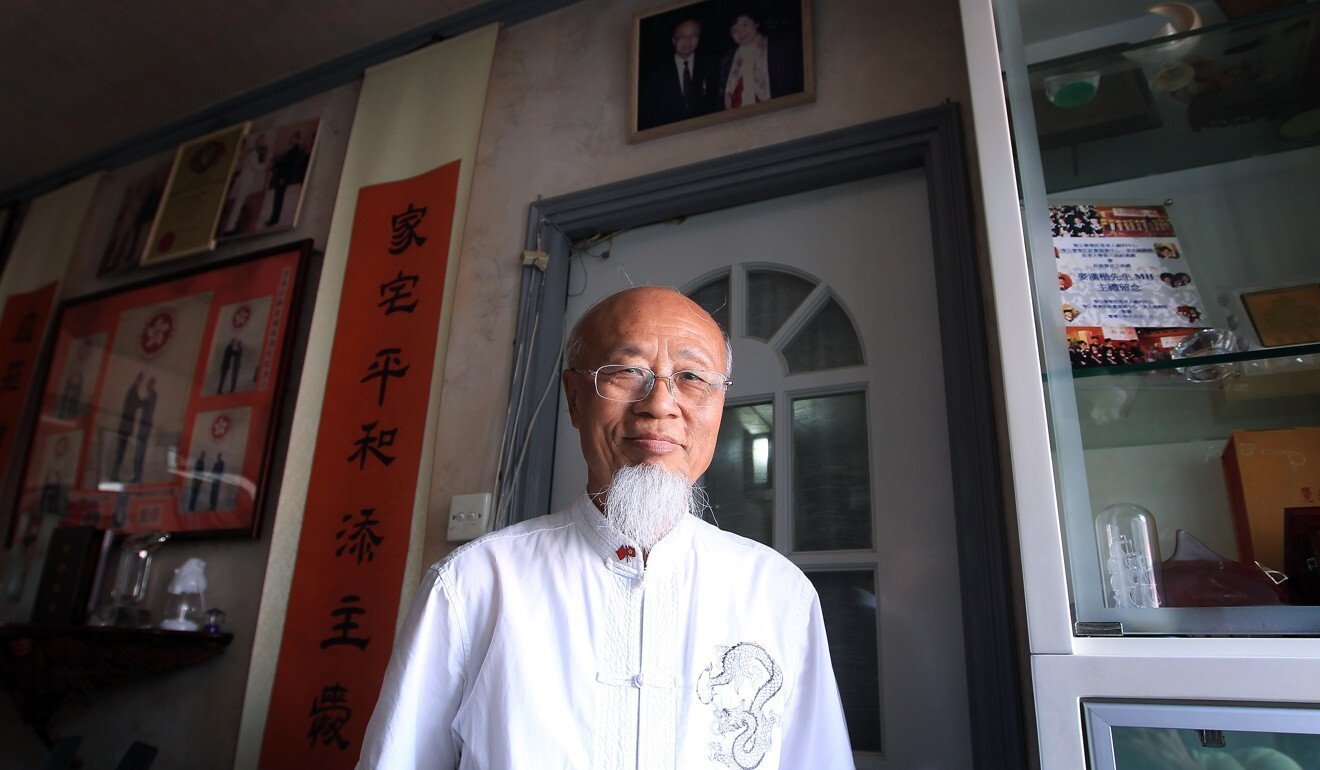
A night of dancing with a live band playing classic Canto-pop music at a Chinese restaurant was a more popular pastime in the city before the outbreak started.
David Leung Chi-wai, chairman of the Seafood Delight Group restaurant chain, said providing dinner services with dancing or concerts had long been a common business tactic among Chinese restaurants in Hong Kong.
Before the pandemic, the group’s restaurants used to organise dinner packages twice a year, with each occasion hosting about 40 tables, complete with Canto-pop concerts and mahjong.
Diners, he said, could come for mahjong at 3pm, have a 12-course dinner at around 8pm and then enjoy the live music late into night.
“Diners are free to dance and sing together for a happy night,” he said. “This is Hong Kong’s housing estate culture.”
Offering such packages, Leung said, had been a reliable draw, and a good value proposition for both the diner and the restaurateur.
“But we have stopped offering these packages because of social distancing during the pandemic,” he added.
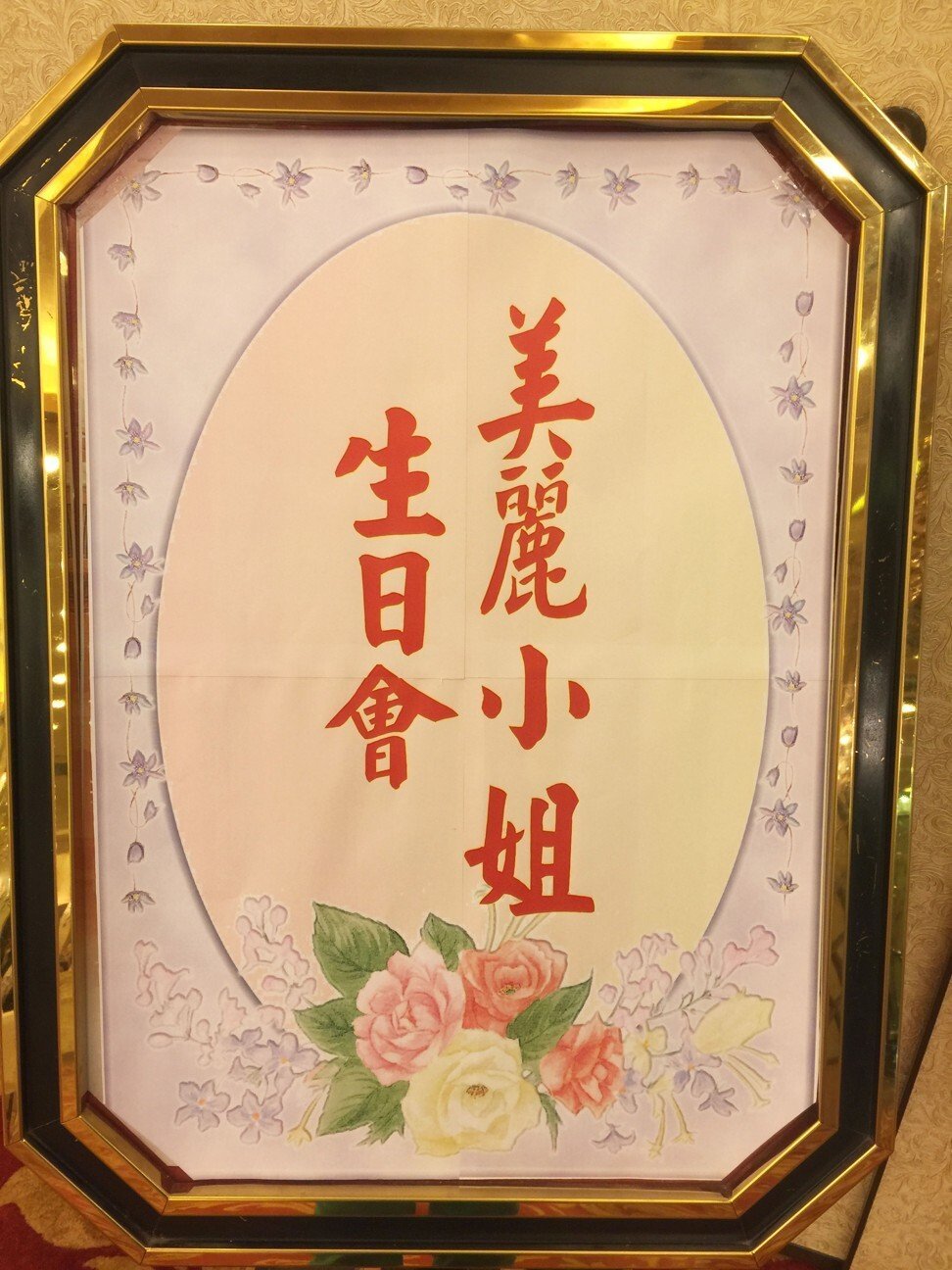
Retiree Lee Man, 74, used to hop around dancing nights at Chinese restaurants in Kowloon dressed in a suit – but no tie – for both fun and exercise.
A former engineer by profession, he stopped a few months ago due to Covid-19 – and the lack of a partner.
“It’s fun,” he said. “But I need a regular partner, which I don’t have.”
Though Lee is married, his wife is not keen on the dancing dinners.
“Sometimes I dance with strangers – some dance well, some not,” he said. Most of the women he met were in their 50s and 60s.
One leisure dancer of more than 20 years, who identified himself as Mr Ip, said he was active in the social dancing scene in both Hong Kong and Shenzhen.
Ip, 63, and his wife, 61, are part of a social circle of about two dozen people who made their own opportunities to get together and dance before the pandemic by taking turns organising birthday parties at Chinese restaurants or hotels, mostly in Tuen Mun and Yuen Long.
Most members of the group are single, retired women in their late 60s or early 70s.
“They are more than willing to spend about HK$300 to HK$400 per person for a dinner-and-dancing party at Chinese restaurants, or another HK$1,000 a day hiring a dance teacher to dance together,” Ip said. “When dancing with the teacher, female dancers are treated like a princess on the stage.”
Due to the ongoing border closure with mainland China, the Ip couple, who specialise in Latin dance, have stopped travelling to Shenzhen for parties since February, but still go to classes at a studio.

“The lockdown disrupted our friends from travelling across the border to meet their teachers and for parties,” he said. Some of their female friends, he added, “even bring into Hong Kong a couple of mainland dance teachers from Shenzhen by hiring speedboat services to cross the border”.
That the practice is illegal does not seem to have stopped it.
Hiring a teacher from Shenzhen costs anywhere between HK$500 and HK$1,000 a day and students were responsible for meeting all associated expenses, such as entry fees to venues as well as dinners, lunches and even gifts, Ip said.
He added that a mainland teacher could easily spend several days a week in Hong Kong at a time, with various clients taking turns to pay for daily coaching fees.
Ip said he had seen some mainland teachers receive gifts such as brand new iPhones, Rolex watches and luxury clothing and belts from his female dancer friends.
“I don’t speculate what happens next, but the relationship looks like it is more than a teacher and a student,” he added.
He said the women often wore glamorous outfits, complete with heavy make-up and long wigs, and were clearly enjoying dancing with their tutors.
“They are flying around under the arms of their teachers,” he said. “One time in a restaurant dance hall, I saw an old lady dressed up in a ballroom dance outfit, cover her face and run out of the venue as soon as the lights were on because she did not want people to realise how old she was.”
One dance teacher, who asked not to be named, said that in general ballroom dancing classes were typically attended by older women who danced with younger male instructors.
A local lawyer, who handled a prominent case involving ballroom dance instructors 14 years ago, described the scene as a “very much a private, secretive world”.
In preparing for the case, he visited a restaurant in the Lee Gardens area that converted into a dance hall after lunch service.
“Suddenly all the windows and the curtains were closed and then the music started,” he said. “Out of the shadows, these couples emerge and start doing their cha-chas and tangos. Mostly rich, older women and young men.”
But mostly the dance classes were for “mature” women who wanted a fun way to exercise, said one 70-something Hongkonger, who asked to remain anonymous.
Originally from near Shanghai, but a Hong Kong resident for more than 50 years, the avid ballroom dancer said she had been dancing twice a week for the past 19 years, at least before the coronavirus pandemic hit.
“They don’t work any more, but they don’t want to just play mahjong because it is bad for their health,” she said of her fellow dance enthusiasts. “So they come to dance to exercise. Some ladies are very mature and from very wealthy families, but they are serious about dancing. They go to dance, not for intimacy.”
“Maybe 1 per cent of the ladies have got the wrong idea, but they don’t represent ballroom dancing,” she added.
As for wearing masks on the dance floor, she said, people certainly should, but “some ladies don’t want to do that because it is uncomfortable”.
“It’s not because they want to be close to the teacher,” she added.
Meanwhile, the industry that supports Hong Kong’s dance community has also felt the pinch lately.
George Yip, from DanceSport, said his association had asked all of its members last Friday to stop all dancing-related activities for a week, and had cancelled competitions in November and December.
Javed Rasool, a salsa and bachata instructor in Hong Kong, said his business had fallen up to 90 per cent since last year’s anti-government protests, and had seen little income this year due to the pandemic.
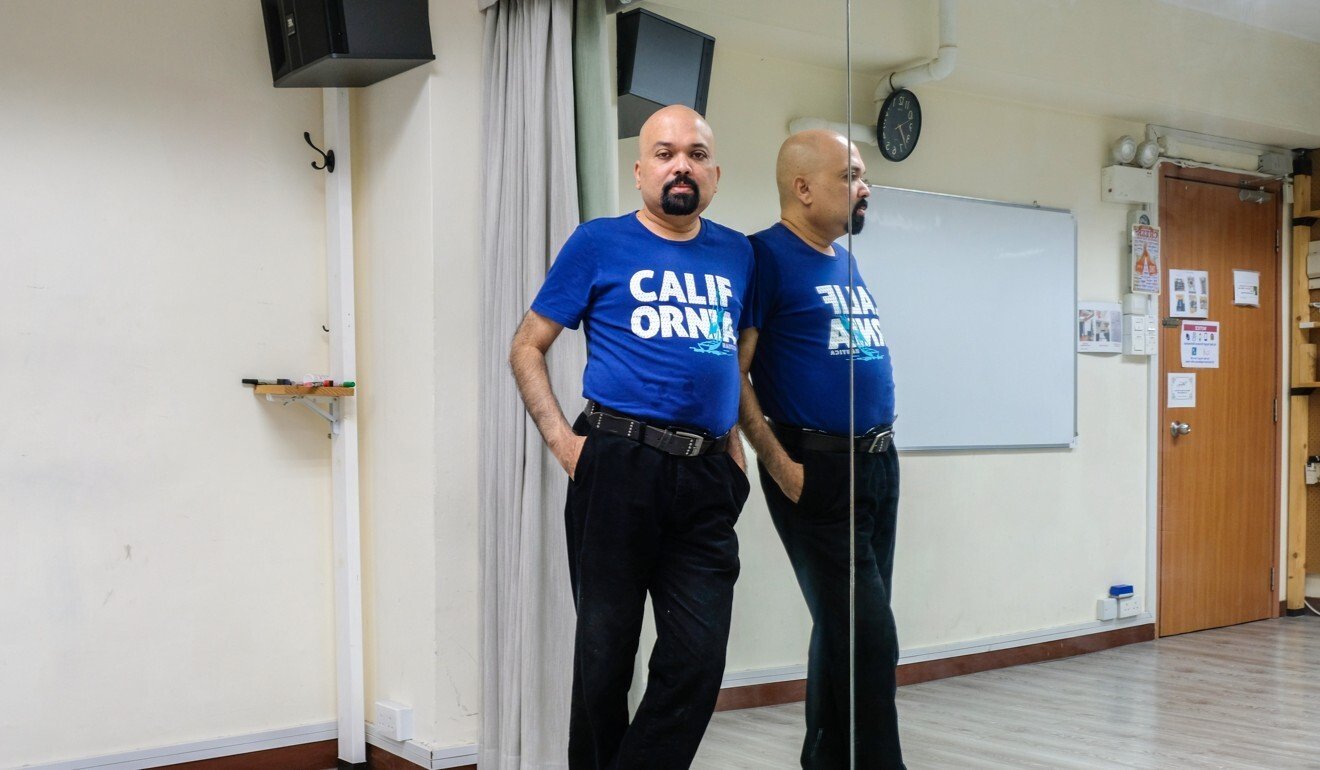
At his Wan Chai studio, Dance With Style, he provides gloves for students, and ensures everyone does temperature checks and wears masks, while the studio provides hand sanitiser and disinfects the studio.
“It is up to the instructors to make sure they are safe and the students are safe,” he said.
Yip, meanwhile, said that a lack of partners meant that instructors oftentimes filled that role, while Rasool, a 15-year veteran of the industry, said many teachers travelled between studios all over Hong Kong, raising the risk of spreading the coronavirus if proper precautions were not taken.
Indeed, some of those in the new cluster, including one 29-year-old man, had been to as many as six separate venues before onset of symptoms.
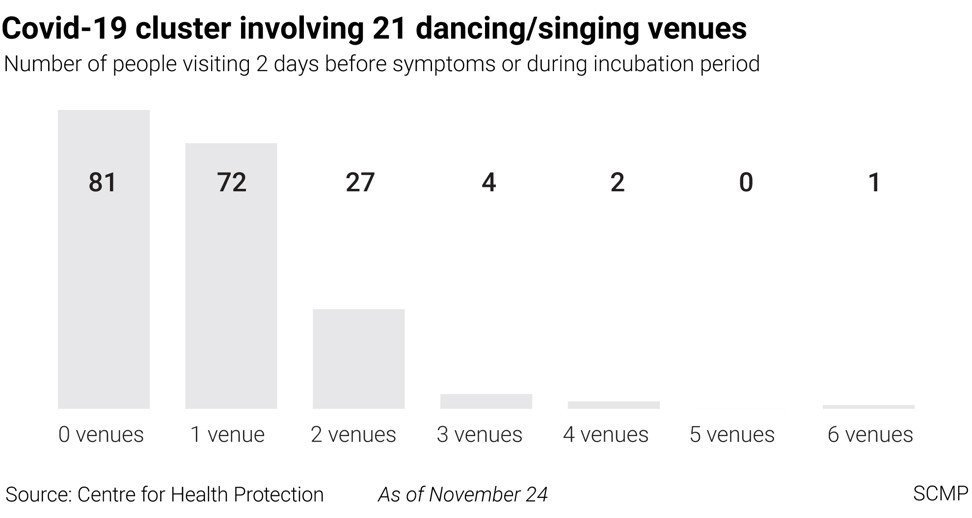
In addition to the one-two punch of demonstrations and the pandemic, the latest cluster has cast a shadow on businesses like Rasool’s, even though it has not seen any infections. And dance instructors, as well as musicians, have had limited financial help from the government since the banning of live performances in clubs and bars.
“Some people who are not following the rules have given our entire industry a bad name,” Rasool said.
“After nine or 10 months without an income I started to make some money. Now it is gone, and I’m not hopeful people will come back.”











